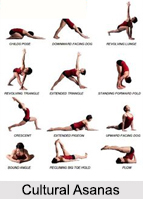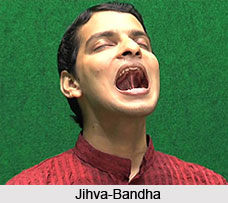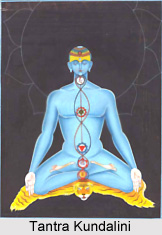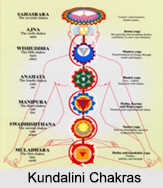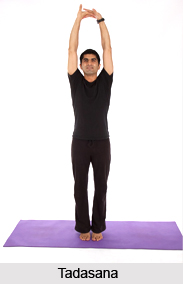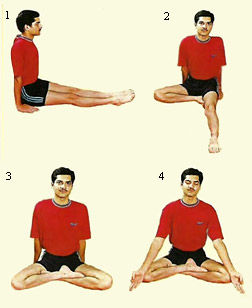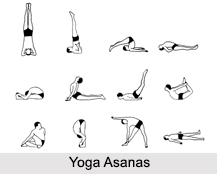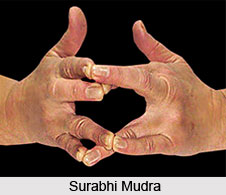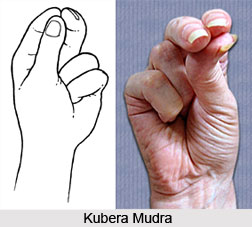The forty-eighth yoga sutra states about the basis of egoism, conjunction and senses of perception once more. Through samyama (total concentration) on the process of knowing, one gains mastery of the senses. By this, a yogi realises the real purpose of the conjunction of nature. The five particular qualities, in relation to sense of perception and ego are described in this sutra. As described earlier, the sensory perceptions are easily attracted to materialistic pleasure and pain, and can soon enough make one be detached from one`s spiritual path. But, a true yogi is one, who remains firm in his resolution and is not diverted by such mere attractors.
Grahana power of cognition
Svarupa real appearance, natural state, one`s form, one`s visage
Asmita egoism, the individual self
Anvaya conjunction
Arthavattva purposefulness, reason for being
Samyamat by constraint
Indriya senses
Jayah conquest
Through samyama upon the purpose of the conjunction of the process of knowing, the ego, and nature, there is mastery over the senses.
By samyama upon the natural states of the senses of perception, their function and receptivity, with or without their conjunction with nature and the perception of the individual self (tumtta), the yogi recognises the purpose of the alignment of nature, senses and self and gains mastery over them all.
Having discussed the excellence of body in III. 47, Patanjali now speaks of the wealth of the senses.
This sutra is both complementary and supplementary to III. 45, wherein, the five qualities of the natural elements were objectively categorised. Here Patanjali describes the five specific qualities, particularly in relation to the senses of perception and the ego. The properties of the senses of perception include - knowing their own natural state; cognition or recognition of external objects; the reason for this contact; and the involvement of the individual self in these states, which changes it from objective to subjective.
Everything one experiences in the universe is transmitted through the medium of the senses to the `T` consciousness. The senses by their essential nature are attracted to worldly objects conducive to pleasure, and their hunger for more and more entangles them. At some stage, when the senses are quelled, they and the organs of action become unreceptive, and a state of quietness is experienced. An ordinary individual will go on following the senses when they are again stirred to their pursuit of pleasure, but the sophisticated intelligence will ponder, and consider that it is possible to turn inwards. This reflection on the receptivity of the senses and mind can now be diverted and directed by the intelligence toward exploring the realm of the seer so that senses, mind and ego are brought to rest permanently in the abode of the soul. (n.6, 21, 22; iv.4.)

